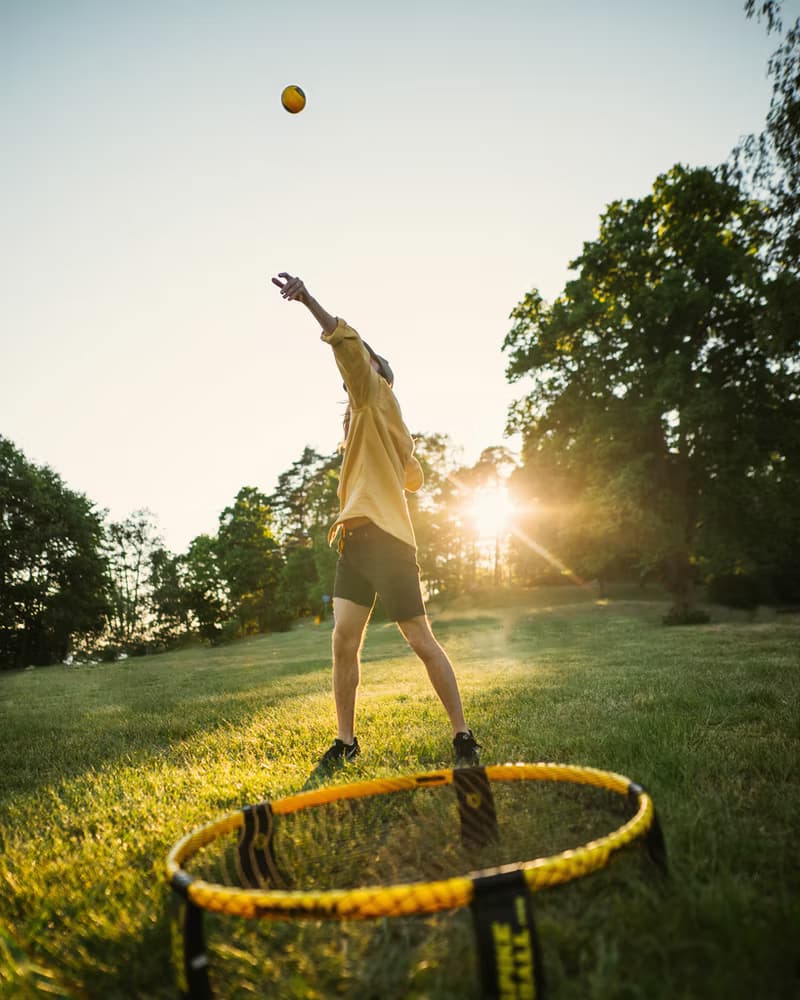
How to Organise An Outdoor Event: A Step-By-Step Guide
Are you looking to host a memorable outdoor event? Whether it’s a company picnic, a music festival, a corporate retreat, or a wedding, planning a successful outdoor event requires careful organisation and attention to detail. In this guide, we’ll walk you through the steps on how to organise an outdoor event, covering essential aspects like corporate outdoor event planning and utilising event planning tools for outdoor venues.
Outdoor Event Planning

Step 1: Define Your Event’s Purpose and Goals
Before you start any event planning, it’s crucial to determine the purpose of your outdoor event and set clear goals. Are you aiming to celebrate a company milestone, foster team building, or create an unforgettable wedding experience? Understanding your event’s objectives will help you make informed decisions throughout the planning process.
Step 2: Select the Perfect Outdoor Venue
Choosing the right outdoor venue is paramount to the success of your event. When considering locations, think about factors like accessibility, capacity, and the natural beauty of the surroundings. If you’re planning a corporate event, opt for venues that can accommodate team-building activities and outdoor meetings.
Step 3: Permits and Regulations for Outdoor Events
Outdoor event planning often involves obtaining permits and complying with local regulations. Zoning permits, food and beverage licenses, and gathering permits may be necessary. Research the specific permits for event planning required in your area or local regulations for organising an outdoor event and initiate the application process well in advance to avoid last-minute complications. Opting for a venue with outdoor facilities can reduce the number of permits you’ll need, as these venues often have the necessary permits in place or can assist with obtaining them for your event.
Step 4: Create a Detailed Budget
Develop a comprehensive budget that covers all aspects of your outdoor event. Include expenses for venue rental, catering, equipment rentals, entertainment, permits, marketing, and any contingency costs. Staying within your budget will be easier if you have a clear understanding of your financial limits from the outset.
Step 5: Catering and Food Service
Hiring a caterer experienced in outdoor events is a crucial step. Discuss your catering needs with them, including equipment requirements for cooking, serving, and keeping food at the right temperature. For longer events without access to refrigeration, opt for menu items that can withstand outdoor conditions. Planning delicious and appropriate food offerings is a key component of creating a positive experience for your guests.
Step 6: Accessibility and Comfort
Think about the comfort of your attendees. Outdoor events can face fluctuating weather conditions. Be prepared with heaters, fans, or shaded areas to accommodate changing temperatures. Also, provide accessible facilities for attendees with disabilities, including ramps, clear signage, and adequate lighting.
Step 7: Event Planning Tools
Utilise Event planning tools specifically designed for outdoor venues. Tools like interactive floor plans, event diagramming solutions, and virtual tours can help you map out your event space and manage attendee lists effectively. These tools make it easier to visualise the event layout and streamline the planning process.
Step 8: Entertainment and Activities
For corporate outdoor event planning, incorporate team-building exercises, workshops, or guest speakers to engage your attendees. For weddings and other celebrations, think about entertainment options such as live bands, DJs, or fun outdoor games to keep guests entertained and delighted.
Step 9: Weather Backup Plan
Outdoor events are at the mercy of the weather. Always have a contingency plan in place, including arrangements for rainy, snowy, hot, or cold conditions. This may involve securing equipment like umbrellas, tents, or furniture covers that will only be used in case of inclement weather.
Step 10: Setup and Cleanup
Properly plan the setup and breakdown process for your outdoor event. Be aware of any venue-specific requirements, such as rubbish removal, and ensure everything is left in the same condition you found it.
Outdoor Event Planning Final Thoughts
By following these steps for outdoor event planning and incorporating event planning tools designed for outdoor venues, you can organise a successful and unforgettable event. Remember that thorough planning and attention to detail are key to ensuring your outdoor event is a memorable experience for all attendees. So, let the outdoor adventure begin!
Hosting Your Outdoor Event at Yarnfield Park

When you’re in search of the perfect location to host your outdoor event, Yarnfield Park in Staffordshire is your ultimate destination. Our expansive grounds span over 20 acres, providing an ideal canvas for a wide range of outdoor activities. Plus sustainable food options and onsite accommodation for teams looking for a central venue between their sites or remote employees.
Go back to other articles

